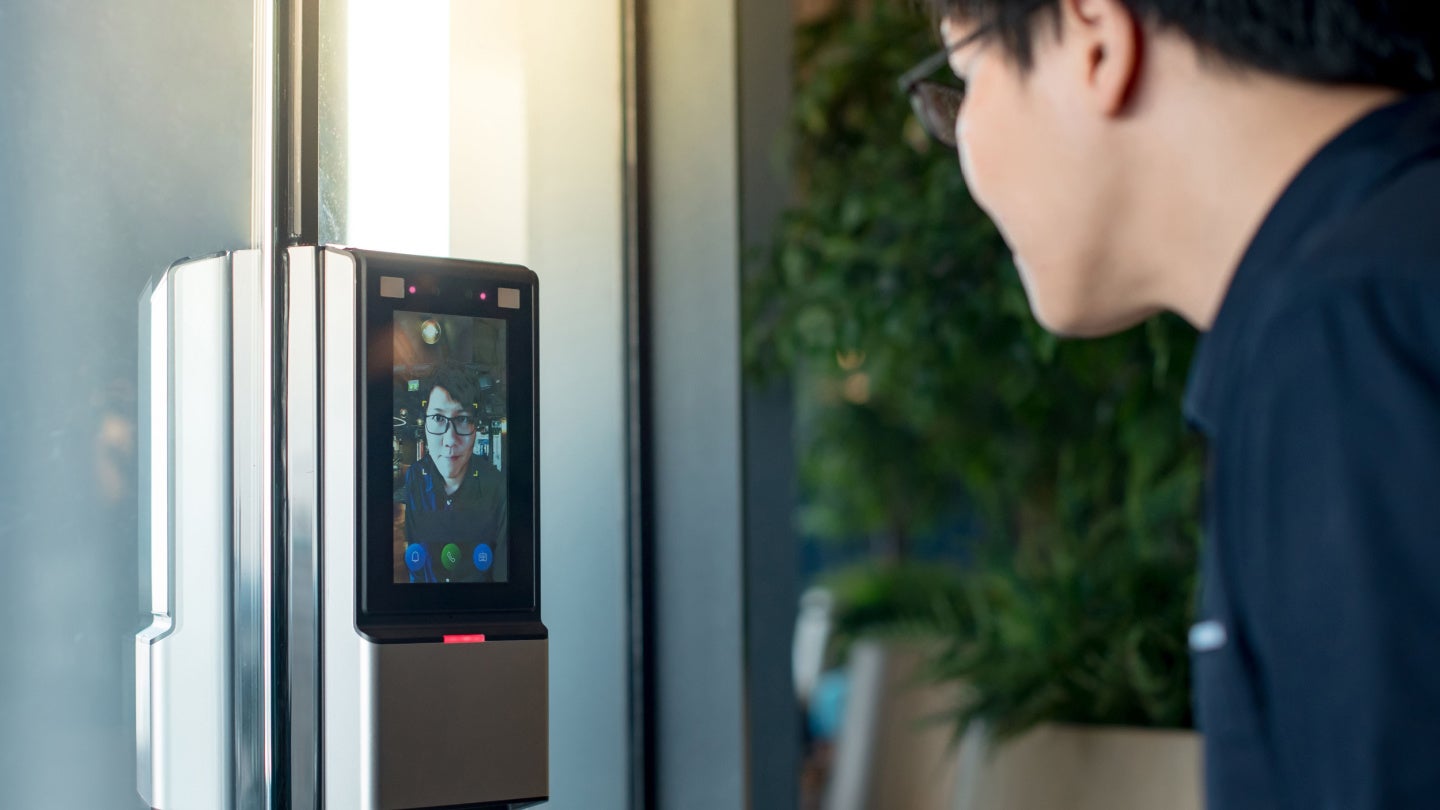
The Cyberspace Administration of China has drafted new regulations over the use of facial recognition technology in public safety.
Facial recognition is currently used in China to verify identities and citizen biometric data is currently stored in the National Basic Population Information Database.
The regulations state that individual consent must be acquired from citizens to collect and use their biometric information. In addition to this, the administration explicitly states that image collection devices must not be placed in public bathrooms, hotel rooms or “other places that may infringe on the privacy of others.”
The regulations also lay out clear guidelines for businesses planning to use facial recognition technology.
Businesses such as hotels, art galleries or airports must not use facial recognition to verify customers’ identities unless they are required to do so by law to run their businesses. Businesses must also not coerce or mislead customers to wrongfully consent to facial recognition.
Is facial recognition more commonplace in China than elsewhere?
Facial recognition is met with widespread criticism for its potential for use in surveillance states and autocratic regimes.
How well do you really know your competitors?
Access the most comprehensive Company Profiles on the market, powered by GlobalData. Save hours of research. Gain competitive edge.

Thank you!
Your download email will arrive shortly
Not ready to buy yet? Download a free sample
We are confident about the unique quality of our Company Profiles. However, we want you to make the most beneficial decision for your business, so we offer a free sample that you can download by submitting the below form
By GlobalDataChina has especially been met with scrutiny after a 2019 database leak found that 6.8 million pieces of biometric data had been recorded around public spaces.
Criticism over the use of facial technology has also been applied to Western companies, such as Ryanair who have used the technology to verify customer identity in its online booking system. UK supermarkets have also been criticised for their use of facial recognition, as reported by The Telegraph.
Whilst a 2023 working paper found that China was the biggest exporter of facial recognition technology around the world, whilst the US was the second largest exporter of facial recognition technology.
According to GlobalData’s jobs analytics database, China was the fourth biggest hirer in Artificial Intelligence behind the US, India and Germany.
In the last 12 months, the US recorded 17546 active job postings for AI whilst China only saw 1429 postings.
However, GlobalData’s job analytics has recorded a 9% decline in global AI hiring.
Our signals coverage is powered by GlobalData’s Disruptor data, which tracks all major deals, patents, company filings, hiring patterns and social media buzz across our sectors. These signals help us to uncover key innovation areas in the sector and the themes that drive them. They tell us about the topics on the minds of business leaders and investors, and indicate where leading companies are focusing their investment, deal-making and R&D efforts.






